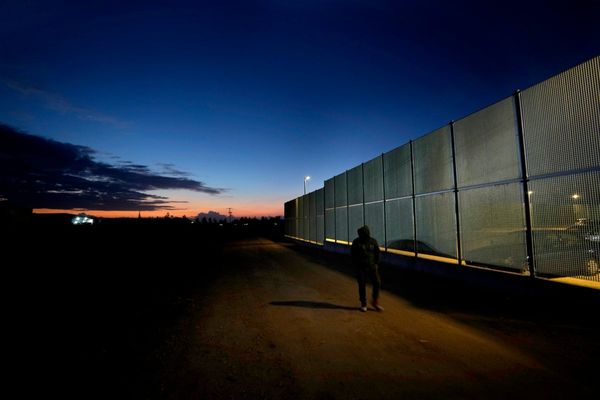Jeremy Hunt has announced a series of big changes to the UK Government's spending policies in an address to the nation on live TV on the morning of Monday, October 17. The new Chancellor of the Exchequer confirmed that several of Liz Truss and Kwasi Kwarteng's flagship policies will either be tweaked or abandoned, including a big change to the energy price guarantee which was announced less than a month ago.
The guarantee effectively replaces the old price cap and will mean that the average home will pay £2,500 for energy per year. This will still go ahead, but the policy (which the Chancellor described as the "landmark policy" and the "biggest single expense" of the mini budget) will only continue in its current form until April 2023.
At that point, the policy will be reviewed by the Treasury, with the aim being to reduce the cost of the scheme to the taxpayer. The exact nature of this review wasn't made clear, but the Chancellor indicated support for businesses would be targeted to those most affected, and with the idea of "better incentivis[ing] energy efficiency," adding that it would "not be responsible" to keep exposing public finances to the volatility of gas prices internationally.
READ MORE: Martin Lewis demands four point emergency mortgage plan from Jeremy Hunt
Mr Hunt also announced another huge U-turn, cancelling the Government's plans to cut the basic rate of income tax from 20% to 19%. This cut was originally planned to take place in April 2023 and the Government still plans to go ahead with it "in due course," but it has been cancelled for the foreseeable future.
The decision to reverse the income tax cut is worth around £6bn a year, according to the Government. It follows previous U-turns on the Government's plans to remove the additional rate of income tax and cancel a planned corporation tax increase, which have both been reversed.
The Chancellor also said a series of other policies would be cancelled, including a planned cut to dividends tax, the repeal of reforms to off-payroll working rules, the introduction of a VAT-free shopping scheme for non-UK visitors to Great Britain, and the freezing of alcohol duty rates from February 1, 2023.
The Government has provided figures indicating that all the tax policy reversals (including the re-instating of plans to raise corporation tax to 25%) will mean a saving of £32.3bn a year by the 2026-27 financial year. This will be a slow build-up due to the timings of the policies - the saving will only be £4.7bn in the remainder of 2022-23, and £20.1bn in 2023-24.
The Chancellor said: "The most important objective for our country right now is stability. Governments cannot eliminate volatility in markets but they can play their part and we will do so, because instability affects the prices of things in shops, the cost of mortgages and the values of pensions. There will be more difficult decisions, I’m afraid, on both tax and spending as we deliver our commitment to get debt falling as a share of the economy over the minimum term."
These changes form part of the UK Government's medium-term fiscal plan, which was set to be announced on October 31. Mr Hunt agreed to give an earlier summary of the changes, saying: "No government can control markets but every government can give certainty about the sustainability of public finances."
As part of the further "difficult decisions," the Chancellor has said that every Government department will need to "redouble their efforts to find savings," and said that "some areas of spending will need to be cut," adding that: "Our priority... will always be the most vulnerable."
The Chancellor will give a further statement in Parliament at 3pm. Reacting live to the announcement, BBC political correspondent Nick Eardley said: "The Prime Minister and the Government's economic vision is dead. The Chancellor has ripped it up on television and told us all that he's not accepting any of the things that Kwasi Kwarteng wanted to do.
"Only two elements of it survive... because they're at such an advanced stage. That is an extraordinary political moment. It leaves the Government's economic vision in complete tatters and leaves Liz Truss' credibility highly questioned. Almost everything that Jeremy Hunt could scrap, he has just scrapped."
The two elements of the mini budget that will still go ahead are the abolition of the health and social care levy and changes to stamp duty in England - both of which are already in the process of going through Parliament. To get more politics news straight to your inbox, subscribe to our Wales Matters newsletter here.
READ NEXT:







